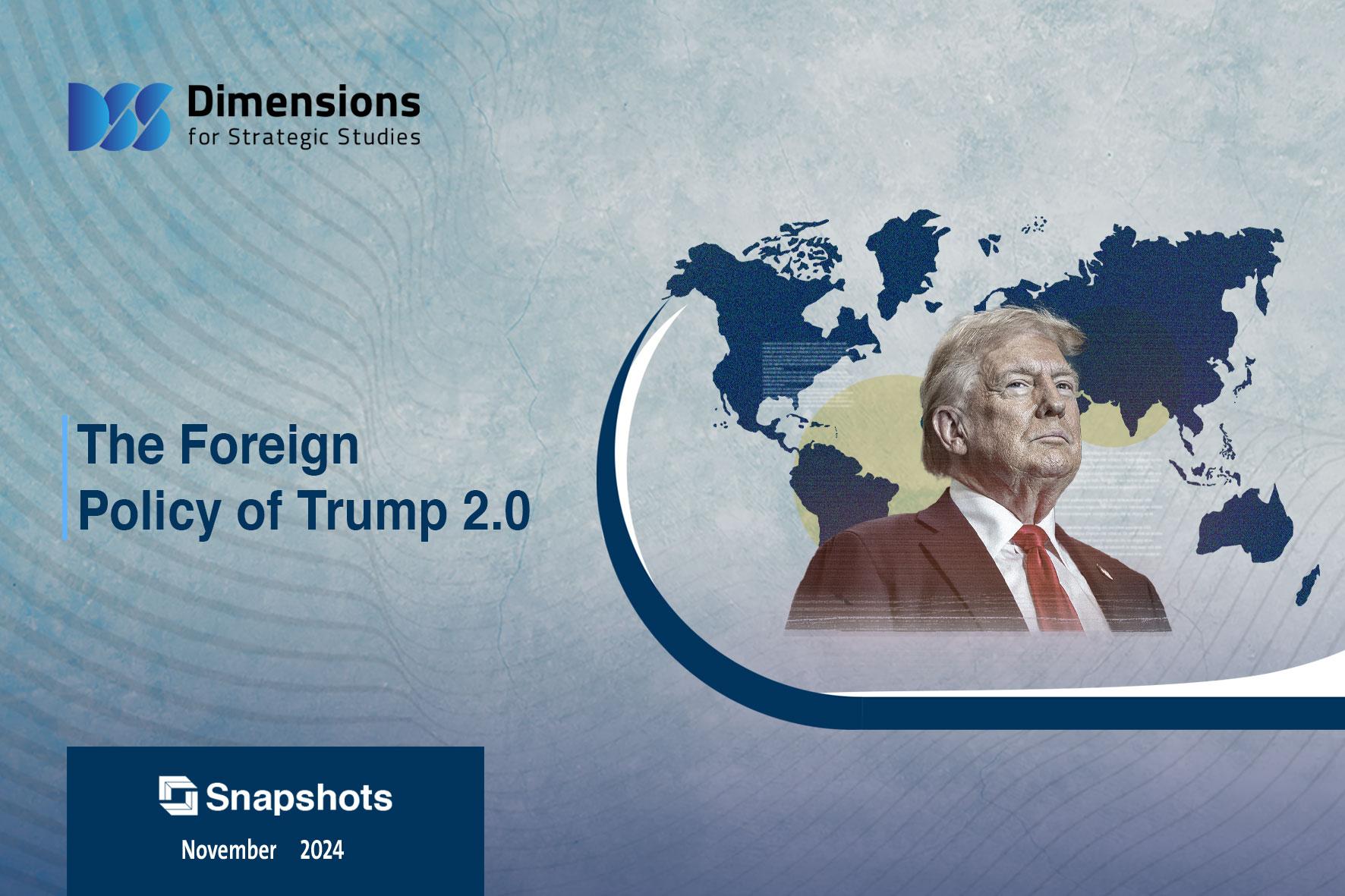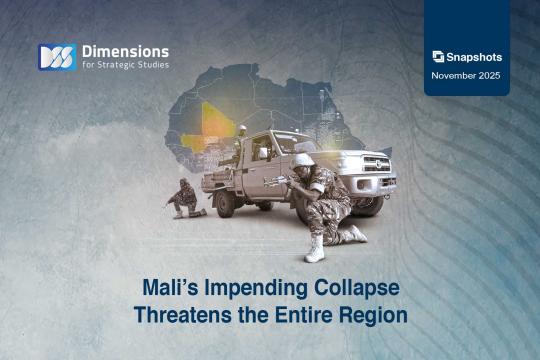
The Foreign Policy of Trump 2.0
2024-11-073030 view
The world is waiting apprehensively for a seismic shift in U.S. foreign policy, with the return of Donald Trump to the White House. The new administration, set to take office in January, will face an array of complex international issues, including several major conflicts.
Trump’s victory speech on November 6 sketched out some early indicators of his approach to U.S. foreign relations. He stridently declared: “I’m not going to start a war”—a claim that is consistent with his policy during his first presidential term from 2016 to 2020. His administration did not engage in any wars aside the traditional activity of U.S. forces, notably against the Islamic State group.
Trump’s second administration is likely to focus on the threat emanating from China. To serve this strategy, it will likely seek to negotiate with Russia for an end to the war in Ukraine, in exchange for curbing Russian-Chinese coordination against U.S. interests. However, this does not mean that the war will end soon, as the new administration may apply maximum military pressure to push Russia to accept a deal.
Regarding Israel’s wars on Gaza and Lebanon, despite Trump’s promises to the Arab and Muslim communities in America that he would make efforts to conclude a ceasefire, he will not ignore Israel’s interests. Rather, he will likely seek to minimize the threats on Israel’s borders by imposing safe zones, and weakening Hezbollah’s political role in Lebanon once it has been stripped of most of its military capabilities. Worryingly, the Netanyahu government still has a window of opportunity to continue upping the ante before Trump and his administration take office in January.
Trump will likely focus on reviving Washington’s relations with traditional allies in the Middle East—Türkiye, Saudi Arabia and the United Arab Emirates—especially if his administration adopts a hard-line approach against Iran, which it views partly as an extension of its arch-rival China’s influence. Trump is likely to reach understandings with Ankara over northeastern Syria to nurture improved Turkish-American relations, in addition to concluding a security agreement with Riyadh and bolstering ties with Abu Dhabi.
Finally, Trump can be expected to give Israel a freer hand in its strikes against Iran, putting pressure on Iranian allies in Iraq and severing the Islamic Republic’s access via land to Lebanon via Syria. The new administration will work to rein in Iran’s regional influence and neutralize threats to Israel and America’s other traditional allies in the Middle East. That said, it may keep the door open to a deal with Tehran—but according to new conditions imposed by the balance of power.





